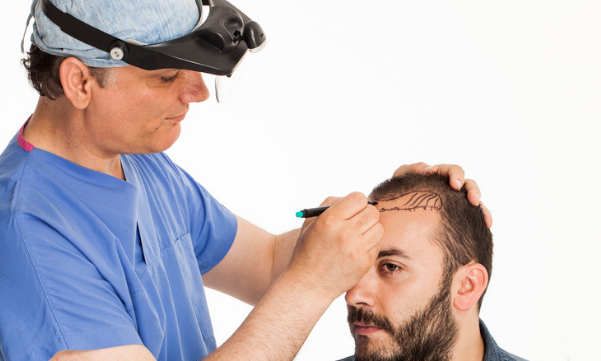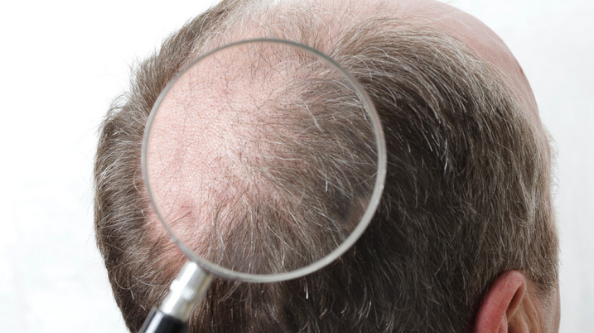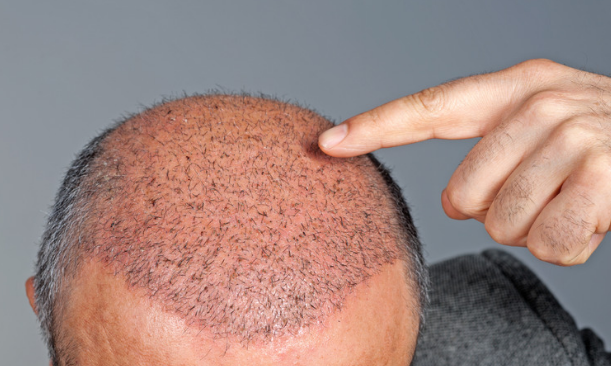Table of Contents
You may be having issues with the density of your hair on your scalp and other parts of your body. You may have tried everything you could to stop or reverse the situation. Furthermore, even if you’ve come a long way with all of these methods, you might not be able to go any further. Thus, in this aspect, a hair transplant may be the finest alternative in the hands of a skilled surgeon.
Nonetheless, the outcomes may differ from person to person. It would not be incorrect to state that there are several causes for this possibility, including the technique or method employed, genetics, the overall health and living conditions of the individuals, and, finally, the experience of the surgeon you will be working with.
Why do hair transplant outcomes vary?
To begin with the method, it will be beneficial to state that each and every method has its own unique way and purpose to be used. For instance, while the FUE method is for the bigger or wider parts of the scalp, the DHI method plays for density in small areas. To conclude, it is clear that the outcomes will vary.
On the other hand, for a deeper level of comprehension, one should know that a variety of criteria influence the choice between FUE and DHI, including the patient’s baldness identification, the extent of the bald area, and the amount of donor graft which is available to be harvested and used. Since hair transplant is such a unique process, it is believed that the method which best meets a patient’s expectations and best suits the patient’s medical conditions would give the best results.
As is aforementioned, FUE and DHI are two different hair transplant procedures that might help you attain the desired look. However, you should bear in mind that as there are some differences between FUE and DHI procedures, the consequences, or let’s say results will also vary.
Why do Hair Transplant Results may change?
 Second, it is practically mandatory to have a minor check-up before the hair transplant operation to determine whether there is an issue that will impede the healing time or jeopardize the overall outcome.
Second, it is practically mandatory to have a minor check-up before the hair transplant operation to determine whether there is an issue that will impede the healing time or jeopardize the overall outcome.
Genetics enters the picture at this point. Some diseases, as we all know, are passed down from generation to generation. So, whether a hereditary element or a condition directly or indirectly affects our system and body, the results may not be what we have long desired.
Individuals’ overall health and living and working environment, on the other hand, have as much, if not more, influence than genetic factors. For example, if you are a party rat who drinks alcohol at least two or three days a week or smokes tobacco or other products that thicken your blood, you will not follow the same route as the other guys who follow a strict diet or exercise and stress-free lifestyle.
So, it can easily be said that they that sow the wind shall reap the whirlwind. Nonetheless, there is always hope, and don’t forget that the brightest stars appear during the darkest nights. The very first thing to accomplish is to quit smoking and consuming alcohol before the surgery.
Last but not least, the condition of whether you will have a smile on your face or not after getting the hair transplant surgery heavily relies on the expertise of the surgeon that you will work with. That is, the more experienced and precise is the surgeon, the better and stronger results you will get. Thus, you should do primary research on where to go and which clinic to select.
There is a brief list for you to follow while choosing your surgeon;
- Bear in mind that the more expensive the surgery does not always mean that the results will be better.
- Similarly, instead of relying solely on the tree’s outside bark, explore deeper. Go online and look up the success statistics of the clinic where you will receive the transplant.
- Additionally, attempt to discover an actual person who had surgery at that clinic. Nowadays, it is not difficult to locate a person, especially on social media.
- Be clever, do not trust what you heard of, play the game with the rules.
Following a brief description of the principles to be followed, it is advisable to discuss what you intend to accomplish both before and after the hair transplant procedure.
Before getting the surgery


- One week before your surgery, avoid smoking and nicotine products because nicotine restricts blood flow, making it more difficult for oxygen-rich blood to reach the surgical site.
- If you have a fever, a cough, shortness of breath, or body aches, please contact the office for instructions on how to prepare for your treatment.
- Please avoid any sort of light activity 3-7 days before surgery. If you weight train, bodybuilding, or engage in rigorous cardiac exercise, please refrain from doing so for at least one week before surgery. Also, if you use supplements for weight training or bodybuilding, please abstain from using them for one week.
After the surgery


- To reduce swelling, lay an ice pack or frozen peas over the brows for 15 minutes every hour, avoiding the grafts and staying at least one inch away from the hairline.
- Begin taking your antibiotics as soon as you return home from the clinic and continue to take them as directed until the first problematic part is over.
To summarize what has been discussed thus far, the outcomes may vary according to factors such as the method used, genetics, overall health conditions, and the surgeon’s expertise. Yet, if you do not have any kind of health issue that may hinder the overall success, there will be no problem after getting the hair transplant surgery. All you need to do is to be meticulous in the path of doing research.






































